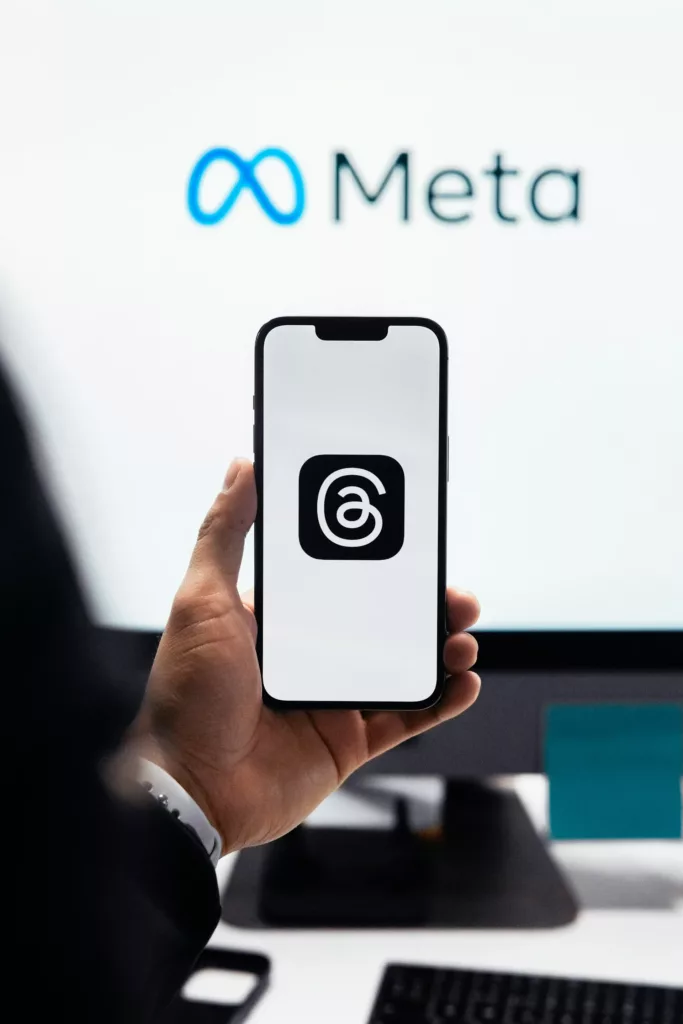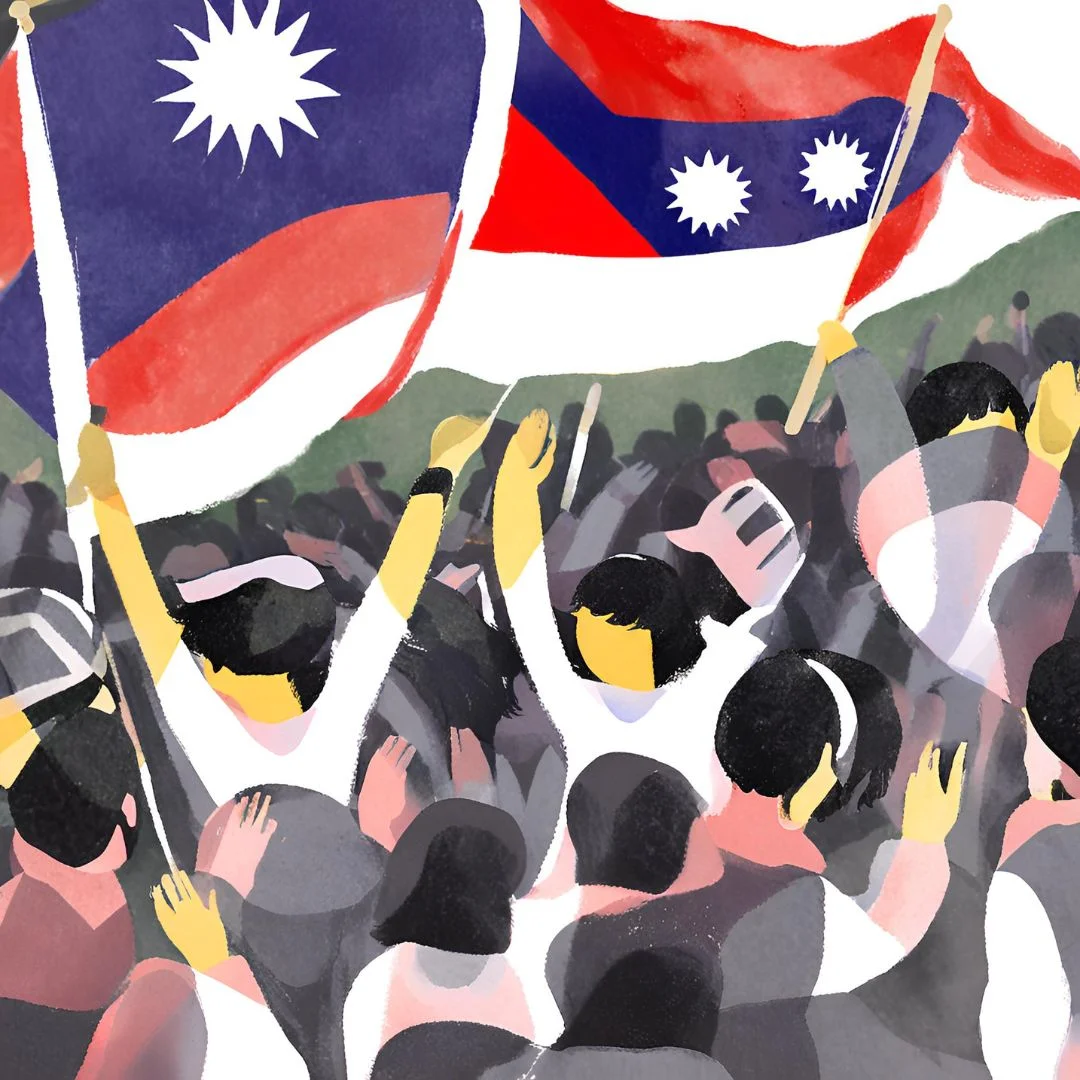Despite Meta’s efforts to curb political content on its platforms, the Threads app is emerging as a critical tool for young activists in Taiwan. As thousands gathered outside Taiwan’s legislature to protest a controversial bill favoring China-friendly parties, activists leveraged Threads to coordinate and communicate. This dynamic underscores the app’s growing role in political mobilization, especially among younger users.
Threads: A New Platform for Activism

On a recent Tuesday, Yuan, a volunteer at a nearby church, noticed the protesting crowd outside Taiwan’s legislature was running short on supplies. Turning to Threads, he posted urgent requests for snacks, bottled water, and plastic bags. Within minutes, supplies began to pour in. “My Threads page was like a wishing well,” Yuan, a 32-year-old bar owner, shared. His call for help, which received thousands of likes, demonstrated the app’s powerful reach and responsiveness.
Launched by Meta as an Instagram-linked alternative to X, Threads had 150 million monthly active users globally by April. In Taiwan, with a population of 23 million, the app boasts 1.88 million active users. Despite its relatively small user base, Taiwan ranks fourth in Threads’ global user engagement, trailing only the U.S., Japan, and Brazil.
The Role of Threads in Taiwanese Politics
Threads has become a hub for Taiwanese progressives, who favor independence from China to protect the island’s democracy. This shift comes as Meta promises to limit political content on its platforms. However, young Taiwanese are increasingly using Threads to discuss politics, share news, and organize protests.
The Chinese government claims Taiwan as its territory and has threatened to reclaim it by force. Tensions escalated when President Lai Ching-te of the Democratic Progressive Party (DPP), which supports independence, was inaugurated. Opposition lawmakers pushed for a bill to increase parliamentary oversight over the executive branch, a move perceived by many as an attempt to undermine the president’s power and Taiwan’s democracy.
Organizing Protests Through Threads
During the protests, many young DPP supporters turned to Threads for real-time updates and coordination. Chili Lee, a 32-year-old tattoo artist, decided to join the demonstration after seeing a Threads video of a DPP lawmaker being pushed off the legislature podium. Constantly checking Threads for updates, she found information about food distribution at Yuan’s church and shared her experiences on the app.
Protestors have utilized various platforms, including Facebook, Line, and Discord, to coordinate leaderless protests. However, Threads has proven particularly effective in reaching beyond immediate social circles. Singer Hana Hsu, who has been using Threads for political discussions since 2023, called on app users to join the protests. She connected lone protestors with others by tagging them together on Threads, fostering a sense of community and solidarity.
The Challenges and Future of Threads in Taiwan
Jason Liu, a former journalist and popular podcaster, used Threads to post recordings from the protest scene, amplifying the voices of ordinary citizens. He noted that Threads helps counter misinformation by providing a platform for real, unfiltered content. “Everyone is looking for something real,” Liu said. “Threads is proving to be just that.”
During the 2014 Sunflower Movement, student activists in Taiwan relied on Facebook, local forums, and YouTube livestreams. However, younger generations now find these platforms outdated and too conservative. “It feels like we are starting fresh [on Threads],” said Huang Tzu-ning, a 26-year-old education worker. She has been using Threads to engage with high school and university students about political participation.
Potential Limitations and Community Resilience
Katherine Chen, a communications professor at National Chengchi University, observed that Threads has created a space for young, progressive Taiwanese, with less interference from older users and advertisements. This new platform offers the DPP an opportunity to mobilize support, though it remains fragile. Meta has pledged to reduce political content visibility, potentially impacting the community’s effectiveness.
Meta’s focus on reducing political content, particularly in English, aims to address criticisms of fueling polarization in the U.S. Tama Leaver, an internet studies professor at Curtin University, noted that Meta might find Taiwan’s relatively civil discussions unalarming, but policies could change abruptly. “Meta could flip the switch tomorrow,” he warned, potentially diminishing the visibility of political content.
To safeguard their activism, Taiwanese users like Huang encourage connecting on alternative messaging apps like Line and Telegram. Huang’s post urging users to maintain contact off Threads garnered over 2,300 likes, reflecting widespread concern about over-reliance on a commercial platform run by Meta.
Conclusion: Despite Meta’s restrictions, Threads has become a vital tool for Taiwanese activists, demonstrating the power of digital platforms in political mobilization. As young protestors continue to leverage Threads to organize and rally support, the app’s influence in Taiwan’s political landscape is undeniable. However, the community remains vigilant, preparing for potential changes in Meta’s policies while striving to maintain their momentum in the fight for democracy.


